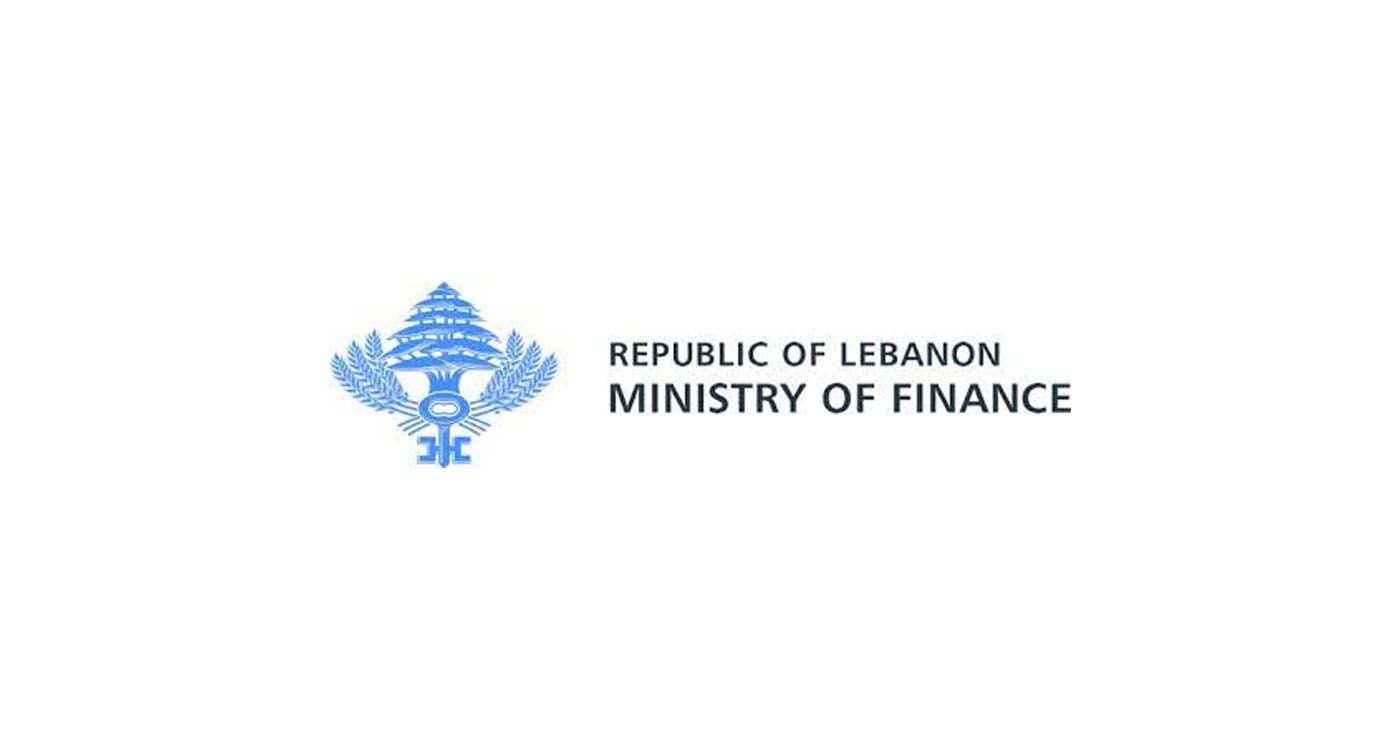
Finance Minister Yassine Jaber has announced a $6 million allocation from the Lebanon Financing Facility (LFF) to modernize tax and land registry systems and support the ministry’s ongoing reform and digital transformation efforts.
Established in December 2020 under the World Bank’s guidance following the Beirut port explosion, the LFF is a multi-donor trust fund pooling contributions from the EU, Canada, France, Germany, Denmark, Norway, and others to aid Lebanon’s reconstruction, reform, and socio-economic recovery.
Yet, unless the government tackles the root issues—administrative chaos, lack of system integration, weak internal controls, and opaque practices—this funding risks being wasted in a system that lacks accountability.
Impossible to Produce a Reliable Closing Account
In 2024 alone, nearly two million tax transactions went unrecorded. By the first quarter of 2025, an additional 430,000 transactions had remained unprocessed. Many of these records are incomplete or inaccurate, complicating digital integration and making the preparation of an annual closing account—a document designed to accurately reflect the state’s revenues and expenditures—virtually impossible. Public accounting today relies on rough estimates that fall far short of accepted standards of fiscal rigor.
These systemic issues have not gone unnoticed. In July 2024, Fitch Ratings, a leading credit rating agency, ceased rating Lebanon, citing the absence of reliable fiscal data and the suspension since 2021 of the publication of national accounts by the Ministry of Finance. Nonetheless, other agencies such as Standard & Poor’s and Moody’s continue to provide assessments of the country’s financial status.
Offline Processing of Twelve Tax Categories
Despite the Ministry’s centralized tax system, twelve types of taxes remain outside the electronic platform, handled manually and disconnected from digital workflows. Frequent technical disruptions—including power outages, IT failures, and supply shortages—force tax collection agencies to process some payments “offline.” Receipts are then manually submitted to the ministry, bypassing any direct electronic verification. This lack of integration undermines transparency, complicates transaction monitoring, and weakens the overall tax collection framework.
Disconnected Public Systems
Further complicating matters, key revenue streams are managed outside the Ministry’s direct oversight. The VAT system, a major revenue generator, is run by a United Nations Development Programme (UNDP) team, leaving it outside the ministry’s technical control. The same applies to customs and land registry services, also burdened by inefficiencies and collection shortfalls. Meanwhile, unidentified revenues circulating within the ministry’s accounts raise serious doubts about the quality and reliability of financial data management.
An Urgent Need for Structural Reform
Hampered by a lack of transparency, poor coordination between systems, and weak internal controls, the Ministry of Finance is still unable to produce credible public accounts. Deep reform has never been more critical: connecting services, strengthening oversight, and ensuring transparency must become the foundation of a new governance model.




Comments